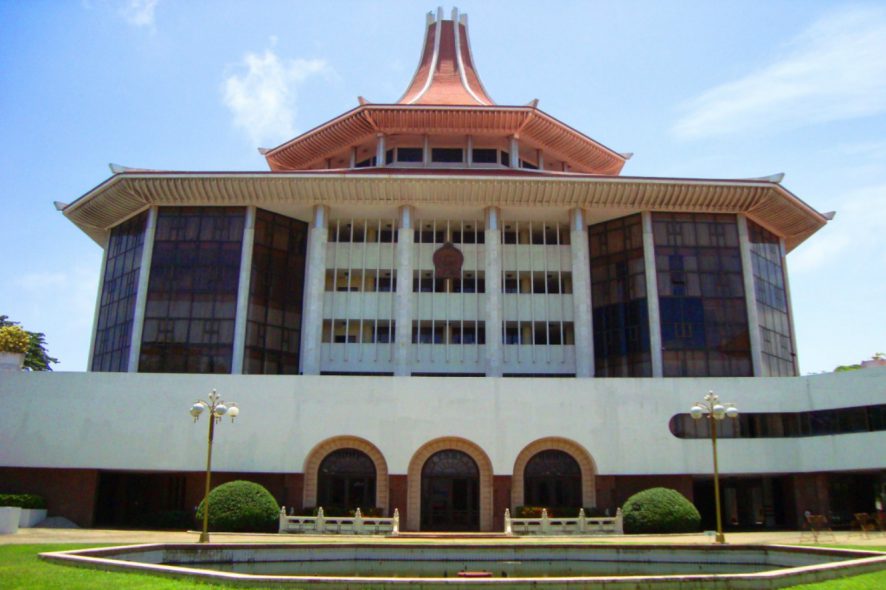Court of Appeal of the Democratic Socialist Republic of Sri Lanka: The Division Bench of Devika Abeyratne and P. Kumararatnam, JJ., allowed an appeal and set aside the conviction and the sentence acquitting the appellant from charges of bribery on account of inconsistent evidence produced.
In this case, the Director General of the Commission to Investigate Allegations of Bribery or Corruption, on the directions of the Commission had indicted the accused-appellant who was the school Principal of Mahanama Navodya School in Panadura in the High Court of Colombo under section 19(b) and section 19(c) of the bribery act.The Counsel for the Appellant argued that the prosecution had failed to prove the case beyond reasonable doubt since the date, place or time of solicitation had not been proved and that the trial judge had failed to consider these important points.
The Court observed that it was a trite law that it was not necessary to call a certain number of witnesses to prove a fact. However, if Court was not impressed with the cogency and the convincing character of the evidence of the sole testimony of the witness, it was incumbent on the prosecution to corroborate the evidence as stated in Sunil v. AG, 1999 (3) SLR page 191.
The Court also referred to the case of Liyanage v. Attorney, (1978-79) 2 SLR 111 CA ), to reiterate that in a trial under the Bribery Act on a charge of solicitation it is unsafe to allow a conviction to stand solely on the uncorroborated testimony of the complainant.
The Court noted that there were contradictions in the testimony of PW 1 and PW 3 which cannot be considered as minor discrepancies. On that note, the Court held that when considering the serious charge against the appellant, especially when there is no acceptable reason given why Hansani was not called as a prosecution witness, it was dangerous to rely on the sole evidence of PW 1.
The Court referred to the case of K Padmathillake v. Director General, Commission to Investigate Allegations of Bribery or Corruption, 2009 2 SLR 151 SC, where it was held that,
“No hard and fast rule can be laid down about appreciation of evidence. It is after all a question of fact and each case has to be decided on the facts as they stand in that particular case. Where a witness makes two inconsistent statements in his evidence with regard to a material fact and circumstance, the testimony of such a witness becomes unreliable and unworthy of credence”
It was further concluded that it was not safe to allow the conviction solely on the uncorroborated testimony of PW 1. It was observed that when considering the totality of the evidence it is apparent that the prosecution has failed to prove beyond reasonable doubt that there was solicitation by the appellant on the date specified in the indictment the benefit of that doubt must ensue to the appellant.[Thelge Nadeeka Kaumadi Peiris v. Bribery Commissioner, 2021 SCC OnLine SL CA 1, decided on 17-12-2021]
Suchita Shukla, Editorial Assistant has reported this brief.
Counsel:
Eraj De Silva with Hafeel Fariz, Janagam Sundaramoorthy and Daminda Wijesuriya for the Accused-Appellant.
Subashini Siriwardena with Anusha Sammandapperuma for the Complainant-Respondent


